
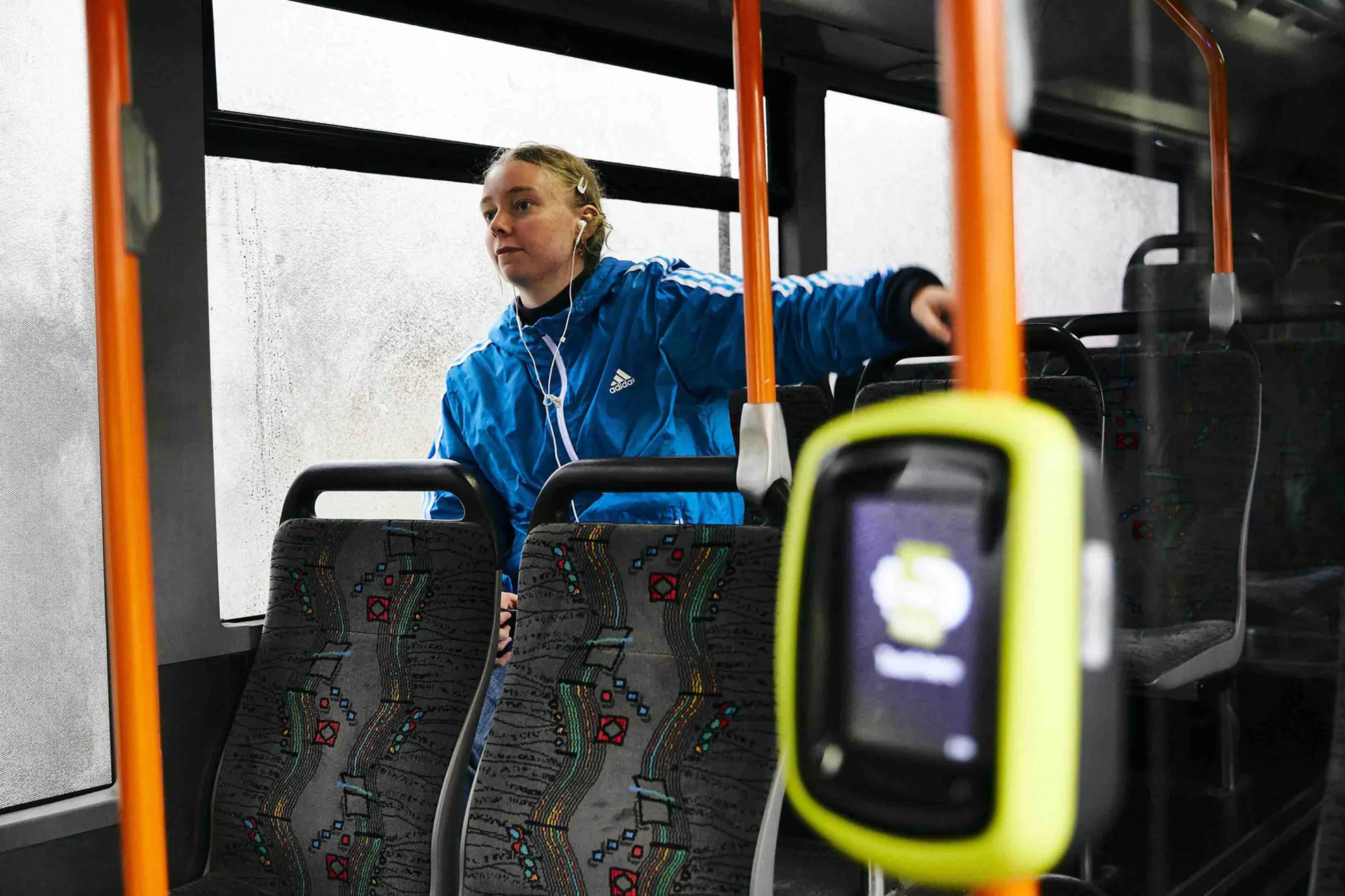
Annette’s complaint
Skip to:
The Complaint
Annette’s* disability makes it hard to get on a bus if drivers don’t stop at the kerb. She’d raised the issue but didn’t see any improvements.
Annette uses two local buses around 3-4 times per week. She has a disability that affects her mobility. Her disability isn’t immediately apparent because she doesn’t use a walking aid.
Annette told us that drivers on her local routes often don’t stop next to the kerb. This forces Annette to step up from the road to board the bus or down onto the road to exit. Her mobility problems make it hard to manage the extra gap between the bus and the road. She’s often in pain afterwards.
Annette wanted the bus company to ensure drivers pulled up to the kerb so that she (and others) could access their services safely.
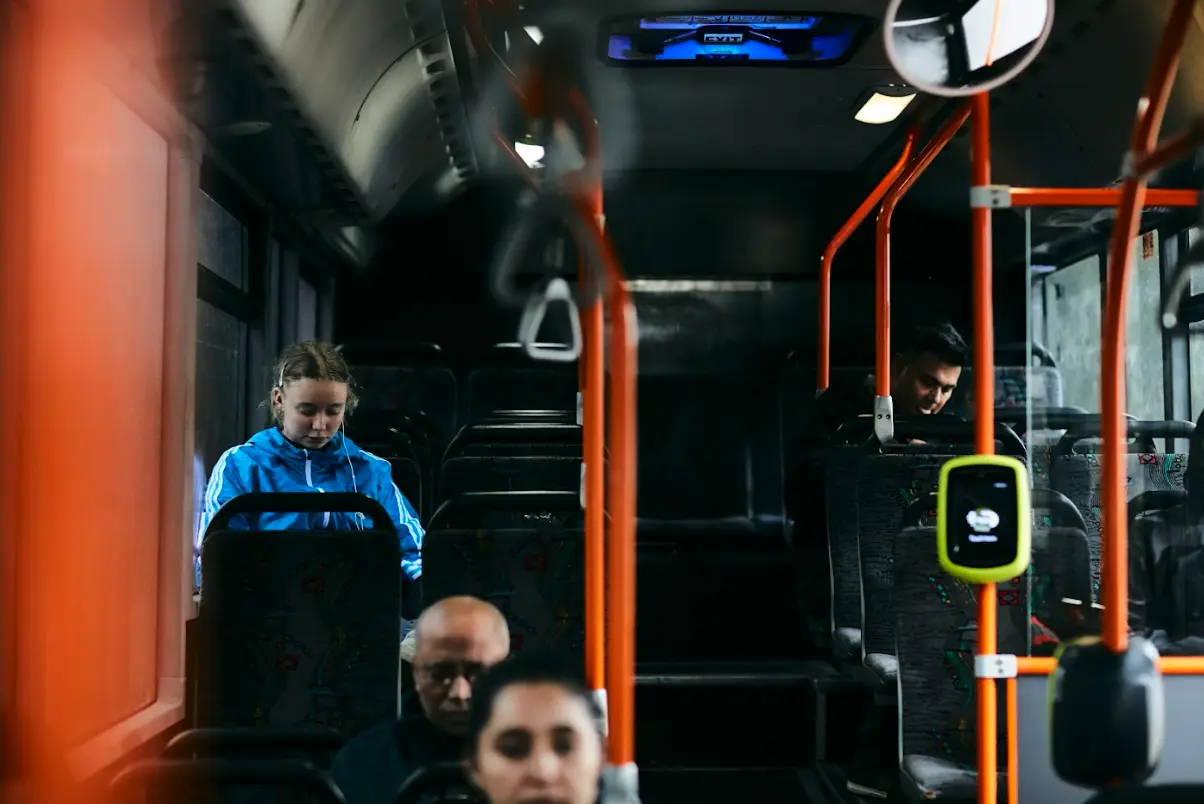
Image caption — Photo by Jessica Smith
Why did Annette complain to the PTO?
Annette had already complained to the bus operator and PTV. When driver behaviours didn’t improve, she decided to contact us.
How did the PTO handle Annette’s complaint?
Our first step was to speak with Annette. Annette told us she thought that the invisible or ‘hidden’ nature of her disability played a role in her experience. She said that drivers almost always stopped at the kerb if a passenger’s accessibility needs were visible – for example, if they had a pram or used a mobility aid. But even when Annette asked drivers to stop at the kerb, they sometimes ignored her request.
Because of the range of issues within Annette’s complaint, we decided to investigate.
We asked the bus operator to respond to a range of questions, including:
- Are drivers required to stop at the kerb, or is this at the driver’s discretion?
- What training (if any) do drivers get on this issue?
- Does driver training cover hidden disabilities?
The bus company said that drivers are expected to stop close to and parallel with the kerb, except if a safety hazard (such as a sticking-out tree branch) made this impossible. They told us that this requirement was covered in driver training.
We reviewed the bus company’s training materials as part of our investigation. We found that their training materials did cover safe boarding and safe exiting scenarios for passengers who are vision impaired, or who use wheelchairs or mobility scooters. But the materials didn’t cover passengers with other disabilities, including hidden disabilities. They also didn’t cover the situation Annette had complained about.
In our response to the bus company, we drew their attention to the Hidden Disabilities Sunflower (HDS) program training modules, which other Victorian public transport operators and the PTO have implemented.
We also passed on Annette’s more recent feedback, which was that - although there had been “much improvement” since she contacted the PTO – driver behaviours had begun to slip again. We advised the bus company that Annette’s preferred resolution at this stage in our investigation was for drivers to receive a reminder to stop at the kerb.

Image caption — Photo by Jessica Smith

Image caption — Photo by John Smith
What was the outcome?
The bus company agreed to:
- include information about support for passengers with hidden disabilities into driver training modules, and to look further into the Hidden Disabilities Sunflower program.
- deliver two internal communications campaigns each year, to increase employee awareness of the needs of passengers with disabilities (including hidden disabilities).
Annette was satisfied with this outcome and agreed to close her complaint.
More stories from the Victorian Public Transport Ombudsman

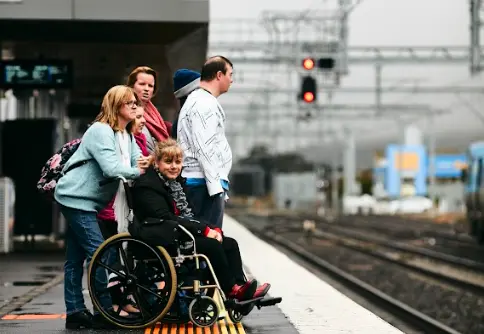
Accessible travel tips: Navigating Melbourne's train network with mobility aids
Read Article: Accessible travel tips: Navigating Melbourne's train network with mobility aids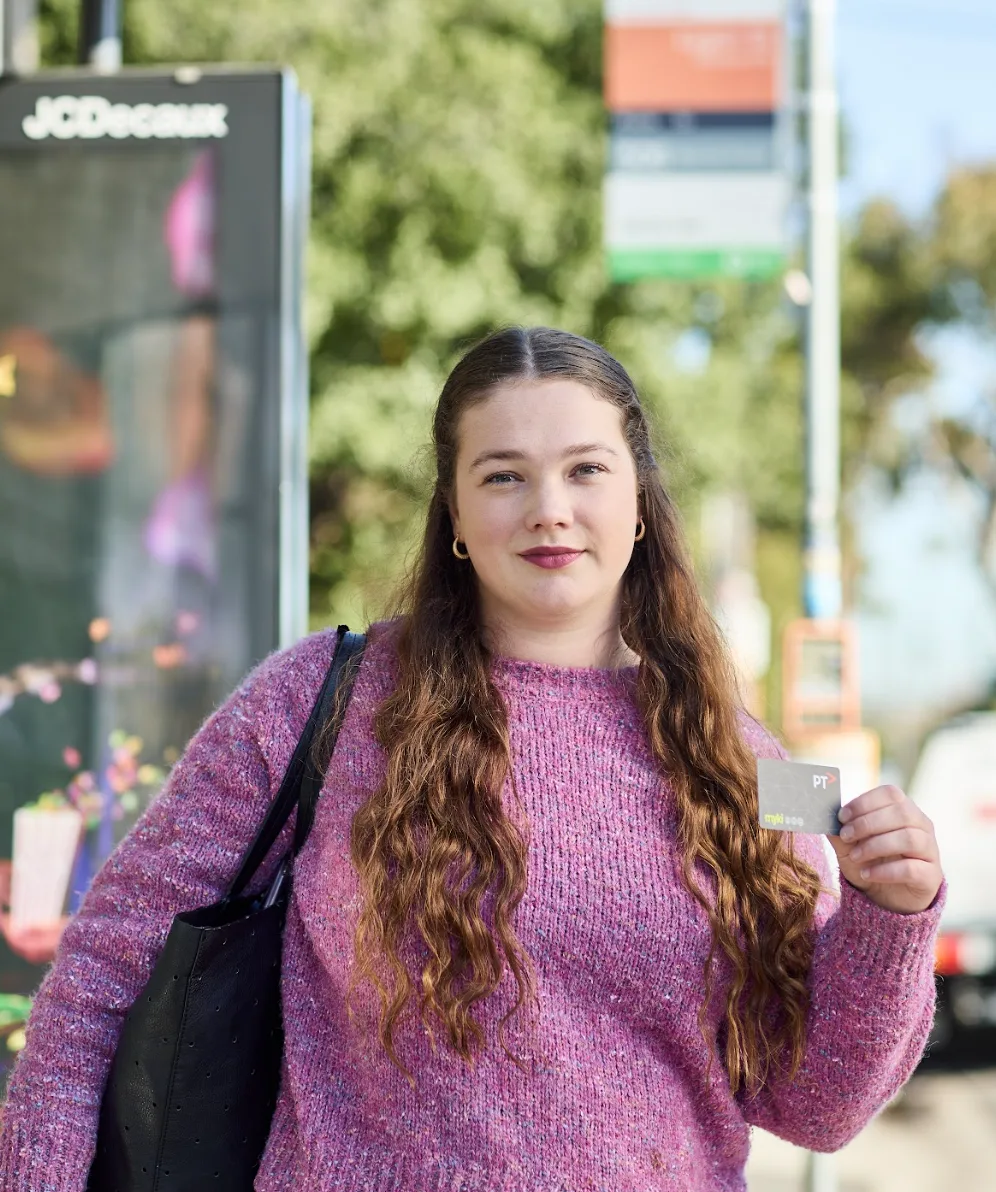
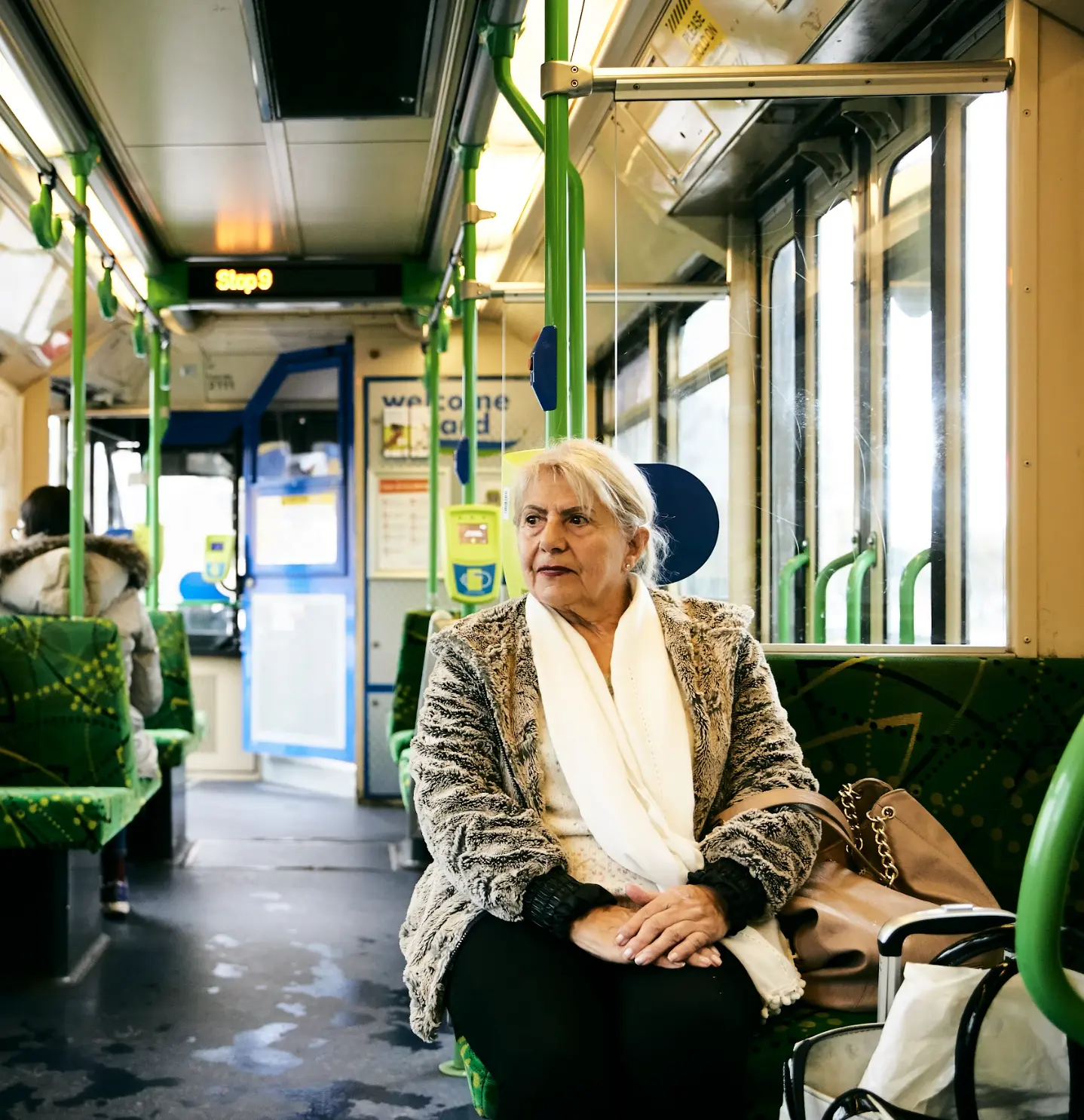
Know your rights: Priority seating and enforcement on trams and buses
Read Article: Know your rights: Priority seating and enforcement on trams and buses*Names and other identifying details have been changed